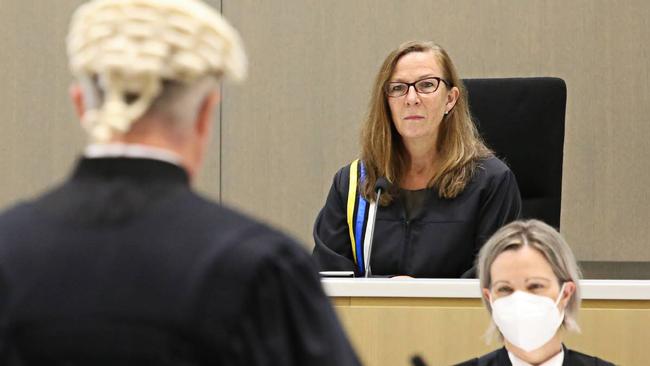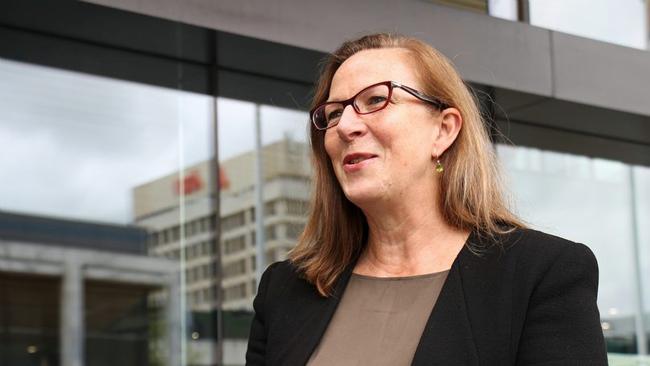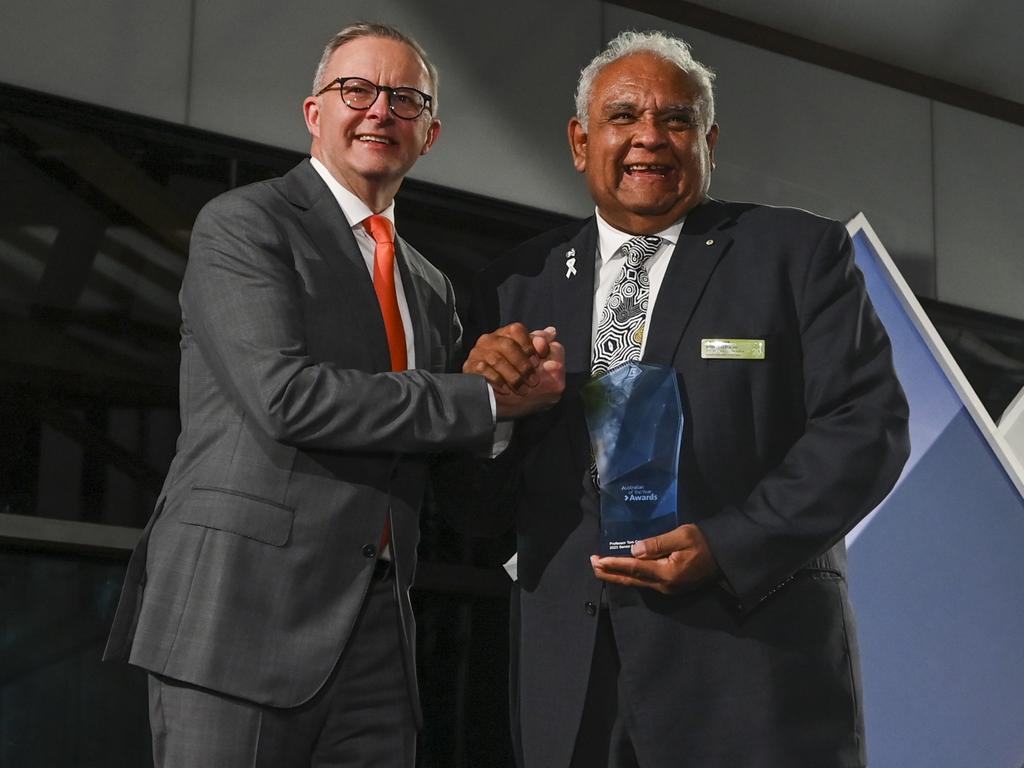Australia ‘behind NZ’ on Indigenous treaties: ACT Chief Justice Lucy McCallum
The ACT’s top judge says ‘we didn’t have the courtesy’ to enter into treaties with Indigenous tribes ‘when they invaded their land’.

Australia is a “long way behind New Zealand” on issues relating to Indigenous people, the ACT’s top judge says, including that “we didn’t have the courtesy” to enter into treaties with Indigenous tribes “when they first invaded their land”.
ACT Chief Justice Lucy McCallum, delivering the Paul Byrne Memorial Lecture at the University of Sydney on Wednesday night, told the crowd that it was a “shame” the Indigenous voice was not passed at last year’s referendum, and it was a “missed opportunity” for the Australian parliament and executive to benefit from “hearing the voices of Indigenous people who are best informed as to the interests of their people.”
In giving the address, titled The Rule of Modern Law, McCallum said it was her “moral duty” to speak about issues relating to Indigenous Australians and the justice system, and help turn around the huge and disproportionate percentage of incarcerated Aboriginal people.
“The fact that Indigenous people are over represented in the prison system is uncontroversial. It is a fact, as is the fact that the problem is chronic,” she said. “The word over representation carries no normative sense or moral judgments in this context. It is a statistical descriptor of the status quo.”
McCallum urged judges to “hear the voices of Indigenous people” when sentencing Aboriginal offenders, saying that judicial officers can simultaneously uphold the rule of law while championing individualised sentencing.
“The idea of legal equality does not mean that taking special measures in sentencing Indigenous offenders amounts to special treatment or is otherwise unfair,” she said.
She encouraged officers of the court to ensure they are “not blind to the range of sentencing options parliament has deliberately made available to them” and to educate themselves about “the kind of trauma that has been experienced by Indigenous people for generations, and the impact of that trauma.”
Judges should also “find ways to become informed as to the individual circumstances of every offender” and not “for want of courage or fear of public reproach miss opportunities to foster potential strengths, rather than focusing on perceived failings in those who appear before them,” she said.

The event, attended by High Court justice Robert Beech-Jones and NSW Supreme Court justice Peter Hamill, is held in memorial of celebrated criminal lawyer Paul Byrne SC.
During the question and answer portion of her address, McCallum was asked whether she believed customary law could be a more “successful” avenue for rehabilitating offenders.
While she said she didn’t “feel qualified” to answer the question, she pointed to New Zealand, where customary law is “more of less a part of every kind of litigation”.
“The courts always have to have regard to customary law,” she said. “We are a long way behind New Zealand for a whole host of reasons. Probably starting with the fact that we didn’t have the courtesy to enter into treaties with people when we first invaded their land, but I don’t really feel qualified to answer your question as to where customary law should fit in with the Western legal system.”
McCallum made reference to the case of Indigenous mother of five Emma Jane Stanley who was sentenced to prison for two years after helping her cousin sell his firearms because she wanted them removed from her home.
“Whether Emma Jane Stanley presented a danger to the community in the circumstances I have described, is an issue with which the person that removed her from her five children and sent her to jail for a couple of years, never considered,” she said.
In speaking about the case, McCallum said while judges must uphold the rule of law, if they “remain obedient to the statute, (they will) find that it contains many tools” to help Indigenous offenders.
“Lawyers need to be aware of them (tools) and judges are obliged to consider them,” she said. “Just as importantly, we’re entitled to use them.”
She suggested that “special measures are required in sentencing Indigenous offenders to learn the reasons they have become disengaged and to hear ... about the strengths they already have, and those that can be built upon.”
“Many Indigenous offenders have a complex history of dysfunction and disadvantage, and many also have irrational fear of police and government institutions. Many have no experience of life, which suggests to them that any good will come from their engagement with the criminal justice system,” she said.
“We have a duty to educate ourselves as to why this is so , and why their fears may be described as rational.”
McCallum also used her speech to mourn the loss of the Indigenous voice to parliament referendum, saying that the voice could have helped solve systemic issues facing Aboriginal Australians.
“It is now clear that (the issues) will not be resolved or addressed by constitutional reform,” she said. “I think that is a shame, because we have missed an opportunity for parliament and the executive to hear the voices of indigenous people who are best informed as to the interests of their people, and who’s respectful invitation to share their knowledge has been declined.”
McCallum is the second chief judge to speak about the voice since the referendum was defeated in October, with NSW Chief Justice Andrew Bell last month saying the loss should not “obscure the stark and confronting reality” of the gap between Indigenous and non-Indigenous Australians when it comes to the justice system.







To join the conversation, please log in. Don't have an account? Register
Join the conversation, you are commenting as Logout